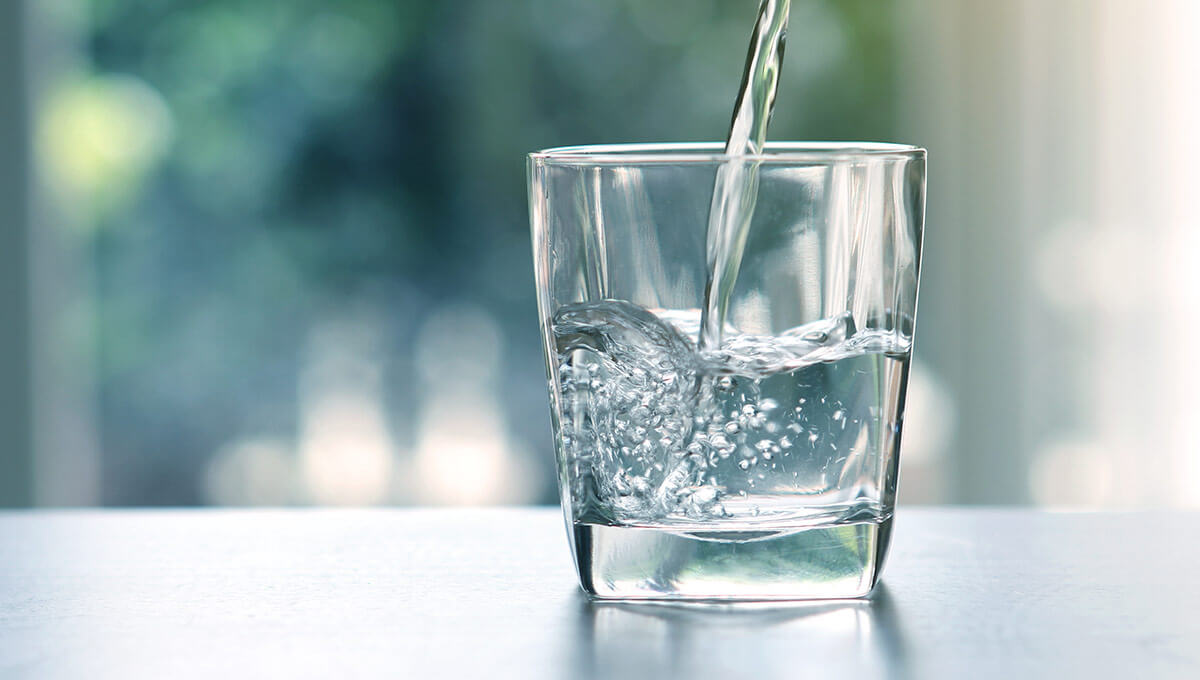
Ways to drink more water

Its name comes from the Greek word bios, which means life. Vitamin B7, or biotin, is one of the essential components of a daily diet, which ensures the proper functioning of the body. What are its properties and effects? How to recognise a deficiency and how to deal with it?
Biotin is an organic chemical compound which belongs to the group of B vitamins. So it is easy to guess that it is a water-soluble substance. What is important, it occurs equally in products of plant and animal origin. Therefore, it can be easily supplied to the body with the daily diet. A dietary plan should be rich in foods such as egg yolks, tomatoes, carrots, spinach and some types of nuts - especially almonds, walnuts and peanuts. However, it is worth remembering that the level of absorption of vitamin B7 from food is limited.
The main property of biotin is that the body uses it as a coenzyme. It is therefore an essential element of the daily diet, which acts as a catalyst for a number of physiological processes occurring in the human body. That is why its deficiency is considered by nutritionists as very dangerous for health.
What does biotin do? Similarly to other B vitamins, it influences the correct functioning of the nervous system. Thanks to biotin, the organism is able to maintain correct energy metabolism and correct psychological functions. Moreover, it has a valuable effect on maintaining appropriate metabolism of macronutrients, i.e. proteins, fats and carbohydrates.
However, we should not forget about the most important property of biotin, i.e. its real impact on beauty. This vitamin supports the organism in maintaining favourable condition of hair and nails. It is also an indispensable dietary component for maintaining healthy skin condition and proper mucous membrane function.
The problem of insufficient levels of biotin in the body is quite easy to spot. The main symptom of deficiency of this vitamin is deterioration of the skin condition. Unaesthetic irritations and inflammatory changes can be observed on the body surface, the skin is excessively dry and can often change colour (grey dull colour). Another important sign is a weakening of the condition of hair and nails, which may, among other things, be visibly weakened and show an increased tendency to damage - hair is subject to abundant shedding, and nails are more susceptible to crumbling and cracking.
However, it is worth remembering that biotin deficiency can also lead to other adverse consequences. Such symptoms include:
The information below is required for social login
Sign In
Create New Account